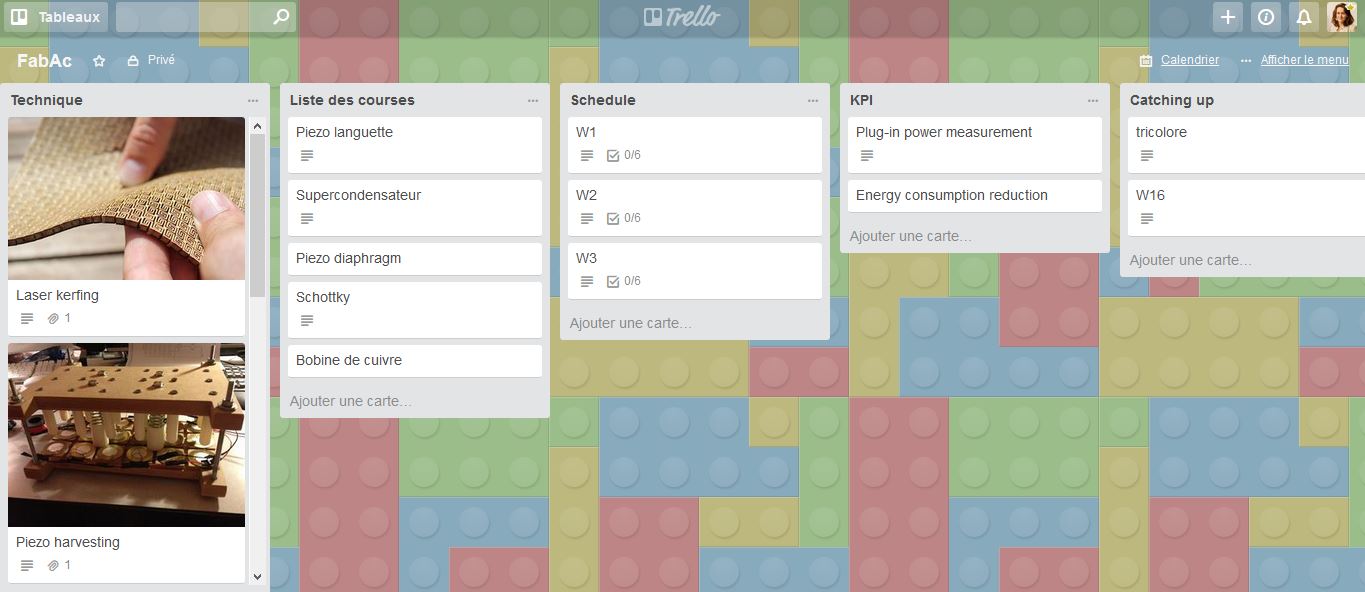I wasn't sure about the local evaluation deadline for a long time, first I thought it was mid-June. It ended up being the 28th of June. For a long time there was a missunderstanding about an additional week. We were able to ask for 4 days more, up to the 2nd of July. Then around that date I really understood how the evaluation progress would happen, that the end of the global evaluation would be the 12th of July. Based on the previous year I have been told that students could take a week of break, this didn't happen for us.
As project management those blurry lines were probably not helping the task management. Even if it was good to believe that the evaluation ended up earlier.
I had a couple of week at Week 19 to plan the end of the project, 3 to the local evaluation, 4 until the end.
The tasks remaining were numerous: the final project just started, the group project was streching, some assignements needed to be rectified. Zooming on the final project nearly all the tasks needed to be done, the general concept was validated but it was all. From the 7th of June til the 14th of June where the presentation to Neil had been decided by a bug on the registration website, I made the structure, the covering of silicon and the piezo tests. From the 14th until the 28th I made the electronical part -as our small CNC was damaged until that date- and the mechanical one. From mid-June the time management was heavily parallel.
The tasks completed were: many weeks of assignement, most of the group project.
Finishing in time was a great challenge, the only option to do so was to never stop. I worked on week-ends, on evenings. As for time management technique I would have loved to test spiral/agile development, to try out design thinking, innovation management or biomimicry approaches but I lacked time. All tasks could only be done once especially as the machine were occupied most of the time -the end of the academic year is an intense moment for WoMa. My time management was determined by the machine schedule and the space available in the lab. I made many lists with the tasks remaining to be done associated with the time I supposed they would take; I picked them in function of my energy and of the availibilities. I also filled my Trello, tried to put more arbitrary deadlines.
What worked?
I could submit at the local evaluation, that was an huge victory and it proved that most of my time management worked.
As for the final project I am conscious that my device is a first prototype. The spiral development can now start. The mechanical part is quite satisfying. It benefited from the experience gained in Make something big week.
As for time management the lists worked pretty well, having tasks with different duration was quite nice. As for the Trello I didn't consult it enough but it was a good way to keep track of the documentation, website consulted and so on.
Never stopping also proved to be quite efficient even if my nerves were impacted.
What didn't work?
The time management ended up being too stressful and at the end the pleasure disappeared. Time management should include relaxing activities as well as collaborative sessions. My lists are a bit chaotic and I need to redo them regularly to see progress. Having a board with post-its in the lab would have facilitated this process.
As for the logistics having to carry most of the material (computer, arduino and so on) took some energy and some oblivion caused delays.
From the final project angle the integration of the piezo array would have required more time that the one I attributed to it. I could have spend twice the time on the electronical part, testing new source of energy such as MEM, energy storage option but this is a full research project.
What still need to be resolved is the way to progress in parallel on different topic. How to keep being motivated. Finding the right rotation between design, production, documentation and documentation cleaning. As for the project the best use for the technology still needs to be found. In crowded area, in kid playing area, to build a map with crowded area for agoraphobic people maybe?
What I learned is that I have a lot to learn on time and stress management. It is hard enough to manage technical difficulties but when you add availabilities issues, broken machine, unreliable group partner it becomes tense. The ideal would be to always have 2 possible schedules to easily switch between the 2.
I noticed that the more the lab is crowded the less efficient I am, so I should favour time slots early in the morning or in the evening. As for the project, I learned that managing prototyping is really different from managing a theoritical work. Protyping requires the ability to "fork" as we say in Git. I had to "fork" the outcome of my project due to the discrepancy between what I thought I could achieve in that time and what was realistic. I also forgot to take into account fatigue and "erosion". The amount of personal energy left should be the start of the time management.


